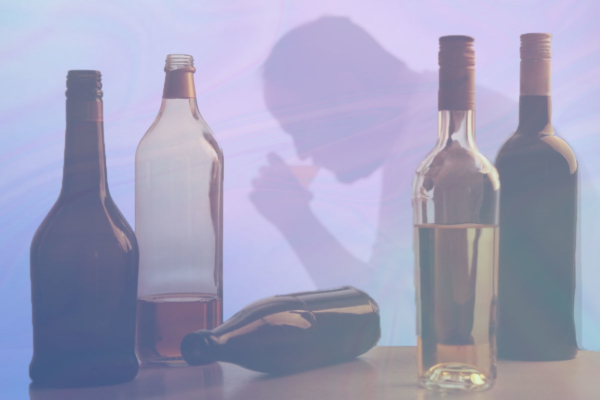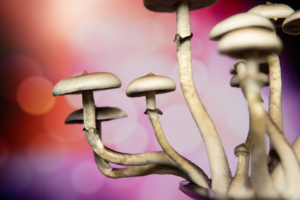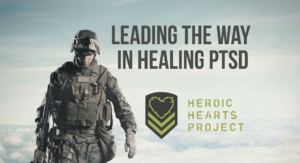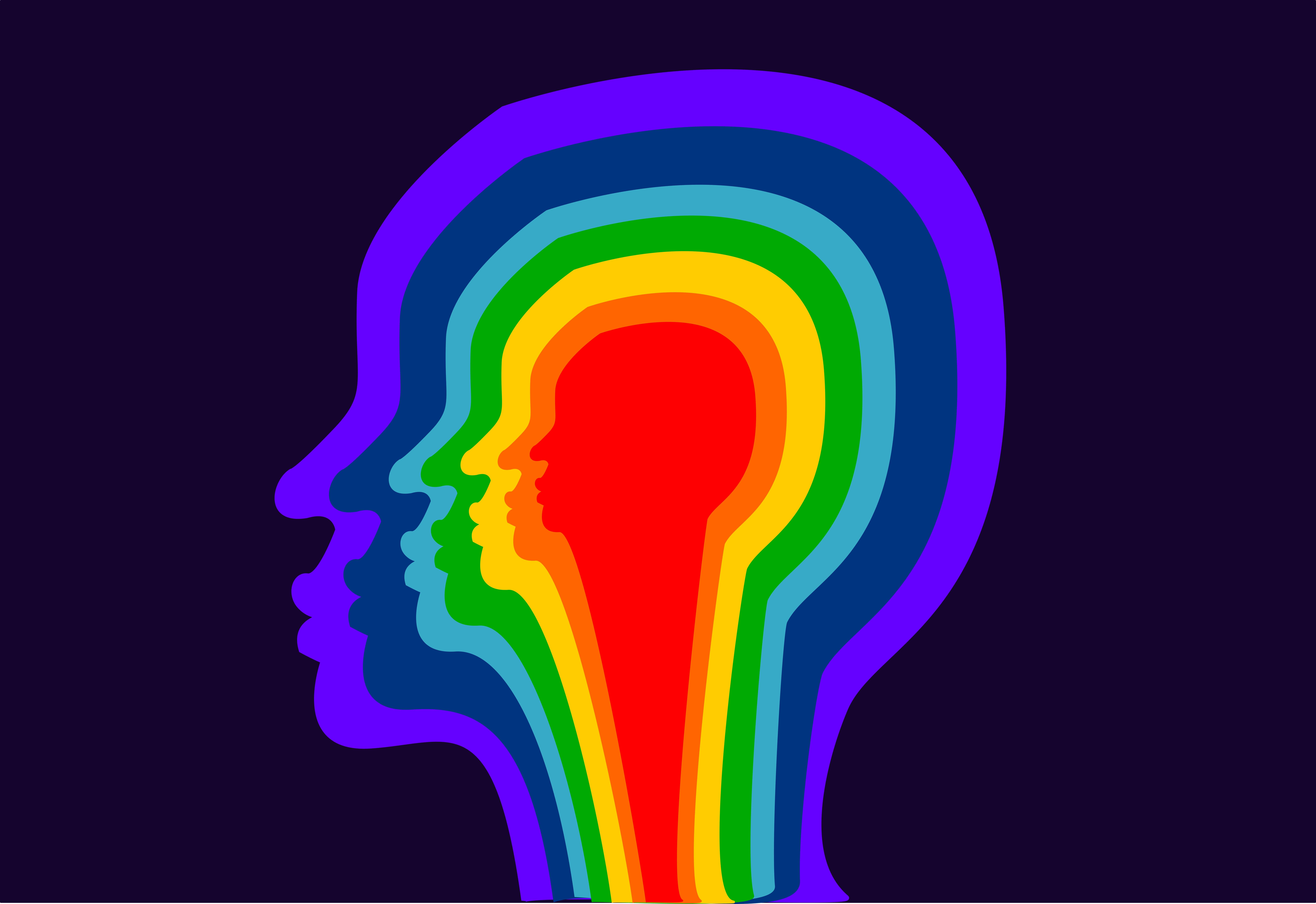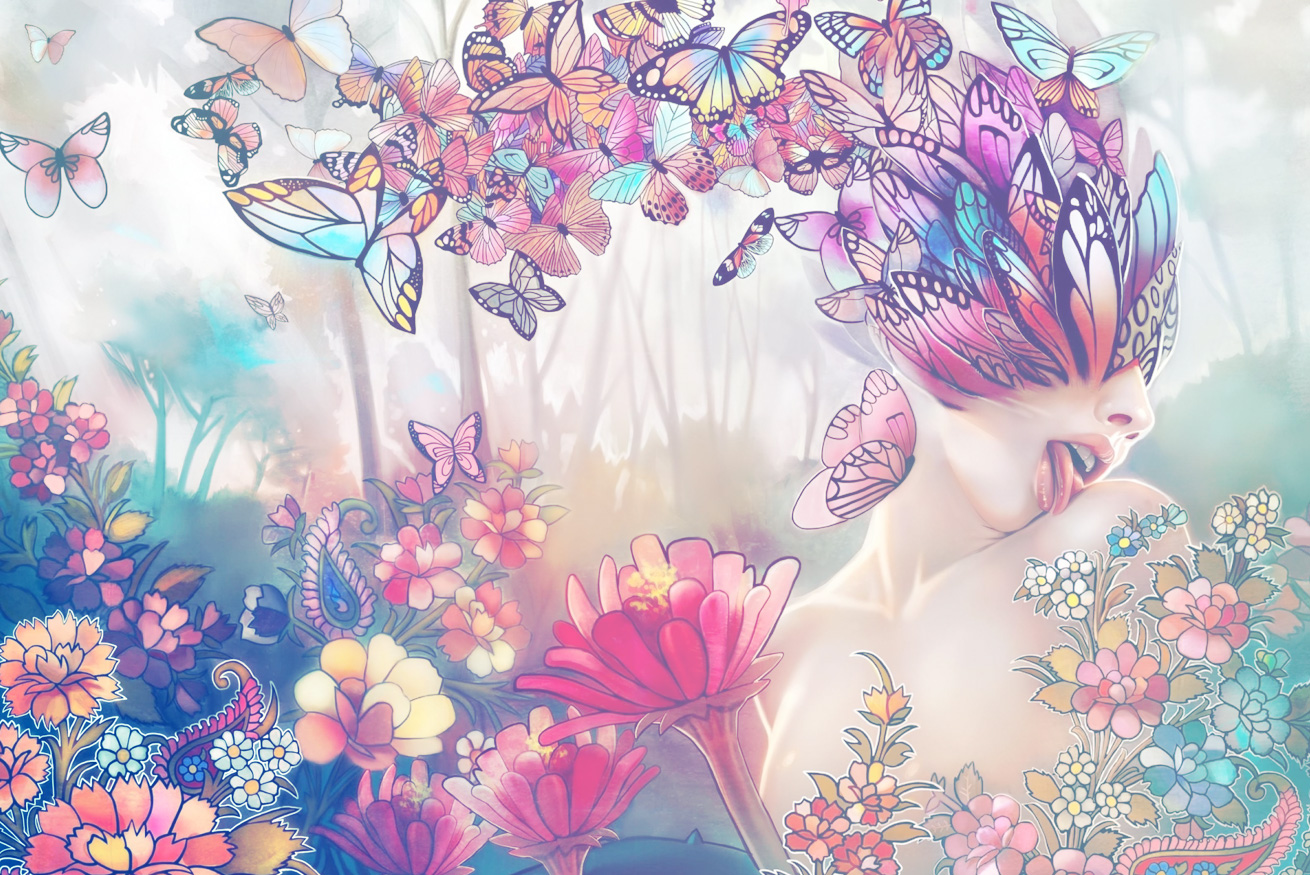
Lucas Koziol’s first psychedelic experience on mushrooms, like most, was revelatory. “It’s like you’ve only known this one road that everyone is walking on together, and you ingest something that beckons you off the beaten path,” he tells Psychedelic Spotlight, “and you see and feel things you never even knew you could see and feel.”
Like Koziol, people’s experiences on psychedelics are sometimes profound and blissful, other times painful and emotional, but always transformative. The study of how psychedelics affect mental health is nothing new, but what is new is the desire to tease apart the hallucinogenic experience from the drugs’ ancillary effects.
Do Non-Hallucinogenic Psychedelics Have Benefits?
As scientists strive to understand how these substances lead to such life-altering and affirming outcomes, they are beginning to question whether the trip is just smoke and mirrors; a colorful distraction from the more nuanced neurological happenings that are really doing the work to treat depression.
Until recent research, people have considered the psychedelic experience to be one entity, unable to be separated into independent circuits. However, now initiatives from biotech to academia are venturing to uncouple various aspects. They’re asking the questions: what is responsible for the positive mental health outcomes? What would a non-hallucinogenic psychedelic be like? Would it be less spiritual or profound? Would it even work at all?
In essence, the big question is: Will psychedelics still be effective treatment without the trip?
There are some objective advantages of eliminating the hallucinogenic effects of psychedelics such as DMT, for example. Chiefly, the development of therapeutics that can be administered outside of a clinical setting, such as medications that can be self-administered. Further, taking away the trip can bring psychedelics to a new audience. As Psychedelic Spotlight previously reported, Dr. Chris Witowski, Psilera Bioscience CEO and Co-Founder, explained, “Compounds like PSIL-002 have the potential to reach new patient populations in need with greater access than current models, especially for those suffering from conditions where hallucinations may be undesirable.”
However, some experts believe these advantages are not at all worth getting rid of the hallucinogenic aspect: “The trip is essential to the effectiveness of psychedelics to cure all the mental health issues that they can,” Dr. Mike Dow, a highly sought-after psychotherapist and ketamine therapist at Field Trip Health, tells Psychedelic Spotlight.
The Power of The Trip
Without the hallucinogenic experience, non-psychedelic ketamine can be a worthy antidepressant, but it stops there, just becoming another crutch rather than something capable of making us shed our deepest illusions.
Dr. Dow mirrors this thought. “In terms of psychological, interpersonal, spiritual effects; there is something about the psychedelic experience [that is irreplaceable],” he says.
Without the trip, you would never learn to flip the fundamentals of your worldview. Tripping, even when tough, is what overrides our default mode. We all have scripts to play out with other people. We become defined by various roles: parent, child, sibling, nurse, teacher, journalist, athlete, etc. Our memories, beliefs, and impressions meld to form a sense of who we are, where we have been, and where we think we should go. These become our narrative and the backdrop that informs every interaction we have and is the source of egos.
If you need to be reminded just how much mental habits blind us to experience, escape to a new country. Suddenly your senses become alive and the routines of everyday life are turned on their head. Or, as Koziol puts it, “When you realize that your plans and your motion and your energy are small, it relieves an enormous weight off your shoulders.” This is why the travel metaphors are so embedded in the lexicon of the psychedelic experience.
Anthony Bossis, a New York University researcher, published the results of a study administering psychedelics to dying cancer patients. His data, though limited, was impressive; the patients in his study massively improved their relative well-being and view on dying. Bossis’ results far surpassed any other intervention tried for this group. The participants found themselves freer from distress and doom, and they were able to find joy in the present and face death with peace.
His research corroborates the idea that tripping is what breaks us out of old habits and eradicates the algorithms of everyday life. Tripping is integral to shedding the illusions we hold about death and the illusions we hold about life on the whole.
Spiritual Consequences of the Psychedelic Experience
The psychedelic experience is a puzzle, but the trip aspect is that misshapen middle chunk that, without it, the whole picture is pretty but doesn’t make sense, going on to exist as just untethered bits of what could’ve been whole and lasting.
Further, though it may be flippant to raise this point, can we discount that tripping can be fun –– especially in the pandemic age where joy is a finite commodity?
“Everything was so funny to me too [during the trip],” Koziol shares. “I sketched Barry B. Benson from the Bee movie, wearing a pair of Air Jordans, and I thought it was the funniest thing I’d ever seen.”
It can’t be overlooked that levity is a huge denominator in the positive results of psychedelics in treating mental health disorders. With all the color, jubilation, and healing they bring, it seems perverse to strip psychedelics for their parts, classifying the mystical and taxonomizing the transcendental, to produce psychedelic-inspired medications that will make big pharma a killing.
After all, psychedelics are sacred. Robbing them of their mystical woo-woo elements to make another big pharma moneymaker is in line with something the United States would absolutely do. But does that mean it’s right?
In a world where everything is categorized and pillaged into parts rather than kept whole, shouldn’t some things remain holistic? Isn’t that what the psychedelic experience is about at its core?
